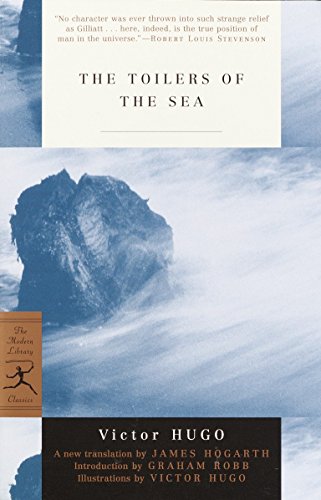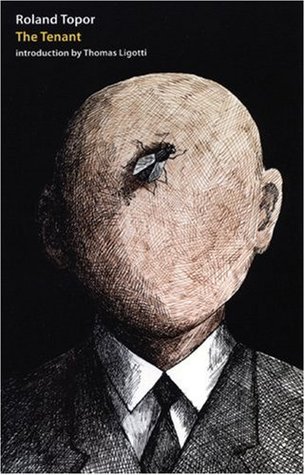
Alien Hearts [1890] – ★★★★
Known primarily for his short stories, French author Guy de Maupassant (1850 – 1893) nonetheless wrote some novels, and Alien Hearts (Notre Coeur) became his last. This is one unexpectedly riveting foray into matters of the heart, centring on two people – “talented and astute, but lazy” André Mariolle and beautiful and charming, but proud Madame de Burne – who become romantically involved. Since both are intelligent, witty, rich and free, the question is: what can possibly go wrong when these two start their union? It turns out – much, since people do not exist in a vacuum, and love without self-interest and vanity is rare, apparently and at least in the highest echelons of the Parisian society frequented by Mariolle and de Burne. Maupassant’s short novel is a delicate study of falling in love, enjoying its bliss and then being tortured by love’s poisonous darts. Subtle in its contours, but bold in its themes, this tale of being at cross-purposes with one’s beloved must be one of Maupassant’s finest literary achievement.
Continue reading “Review: Alien Hearts by Guy de Maupassant”



















 The Black Sheep (La Rabouilleuse) [1842/1970] –
The Black Sheep (La Rabouilleuse) [1842/1970] – 
 “Each face, each stone, of this venerable monument, is a page of the history, not only of the country, but of the science and the art” (Victor Hugo, The Hunchback of Notre-Dame [1831: 110]).
“Each face, each stone, of this venerable monument, is a page of the history, not only of the country, but of the science and the art” (Victor Hugo, The Hunchback of Notre-Dame [1831: 110]).